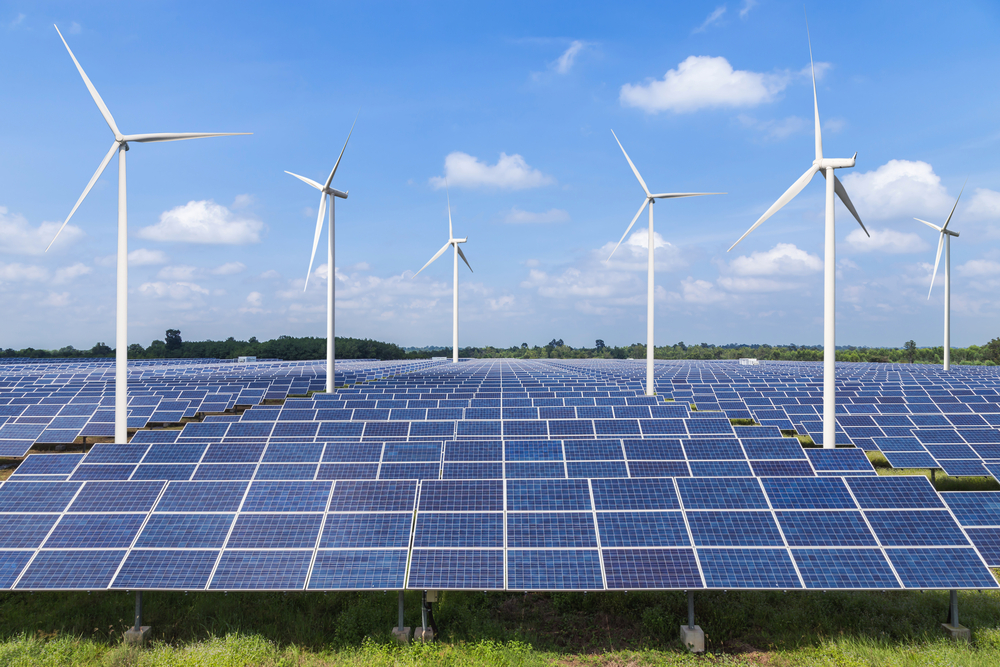Climate activists push ASEAN leaders to prioritize clean energy
- September 7, 2023
- 0

Climate activists appealed to the member states of the Association of Southeast Asian Nations to tr
In a report by the Philippine Star, Asian Peoples’ Movement on Debt and Development coordinator Lidy Nacpil said that transitioning to RE would ensure a consistent energy supply. She also said to halt gas energy expansion and promote fossil-based technologies since it validates the use of coal-fired power plants.
Furthermore, Nacpil called on the attention of ASEAN to stand up against Japan for its false solution strategy using dirty energy for the region. Japan is known to invest in fossil-based technologies like ammonia co-firing that prolongs coal-fired power plants.
Trend Asia energy advocate Novita Indri also stressed the need to switch to clean energy due to worsening air quality in Jakarta and increasing extreme weather in Asia. This change is crucial to keep global warming below the 1.5 degrees Celsius threshold.
In response to climate activists, ASEAN reaffirmed its commitment to meeting the United Nations Framework Convention on Climate Change (UNFCCC) goals and the 2015 Paris Agreement as they geared to make significant progress in renewable energy, clean energy, and energy efficiency.
ASEAN also urged UNFCCC to push for the implementation of low-emission technologies and global clean energy flows in order to help achieve a just and equal energy transition.
In order to improve ASEAN’s capacity to avoid, minimize, regulate, and withstand the effects of climate change, President Ferdinand Marcos Jr. also plead